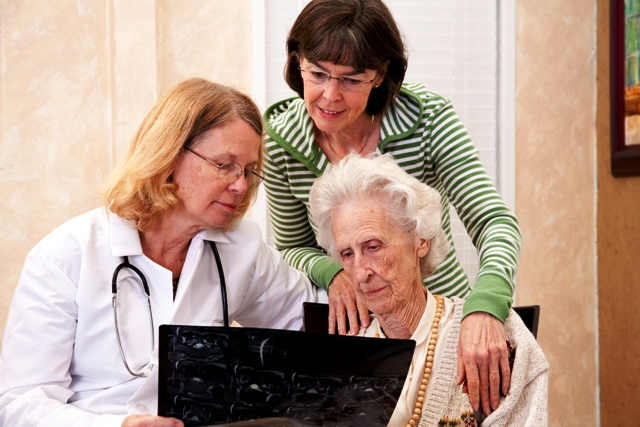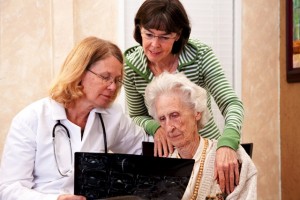
After cancer treatments are complete, patients are usually transferred from their oncologists back to their primary care physicians. These physicians may not be the best prepared for dealing with cancer survivorship, unfortunately.
Study Shows Doctors Need More Training in Survivorship
A recent study found that many doctors, particularly primary care doctors, don’t feel very confident in their ability to take care of cancer survivors. Oncologists, too, believe that primary care physicians aren’t adequately educated for the task. Regular doctors, for example, tend to “over-test” for cancer recurrence because they’re not sure how much is too much. They may also not be fully prepared to deal with post-treatment concerns like lasting side effects, psychological support, and managing other related diseases and conditions.
“More training and education of cancer survivorship is critical for the primary care physician and the oncologist,” says Julia Rowland, Ph.D., director of the Office of Cancer Survivorship and the National Cancer Institute.
Suggestions for a Smooth Transition
What can you do to help make the transition from your cancer-care team to your regular doctor go more smoothly? The authors of the study suggest the following:
- Meet with your oncologist after treatments are over and ask for a summary of the care you received, plus an outline of recommended follow-up care that you can then take to your regular doctor.
- Ask about what aspects of your care the oncologist will take care of, and what aspects your regular doctor should take care of.
In addition, here are some other things you can do-from my experience!
- If something feels “off,” ask about it. You know your body better than anyone.
- Ask your oncologist or doctor about important post-treatment care like support groups, counseling, massage, acupuncture, and other types of therapies. He or she may know about reputable programs that offer services for free or for reduced rates to cancer survivors.
- If your regular doctor isn’t communicating well with you, consider transferring to one who will.
- Check with a dietician or nutritionist to get on top of your post-treatment diet.
- Get into a regular exercise program-one you enjoy doing.
- Take responsibility for your own care. Most of us feel depressed, overwhelmed and confused after treatments are over. Get the help and the support you need to make it through this difficult time by attending a support group, seeing a life coach who specializes in cancer survivorship, and by surrounding yourself with other survivors who understand.
Did you find it difficult to talk to your regular doctor after cancer treatments? Please share your story.
Source:
Georgetown University Medical Center. “Doctors differ in how best to care for America’s 12 million cancer survivors.” ScienceDaily, 25 Jul. 2011. Web. 26 Sep. 2011.
Photo courtesy Photo Studio 8 via Flickr.com.


